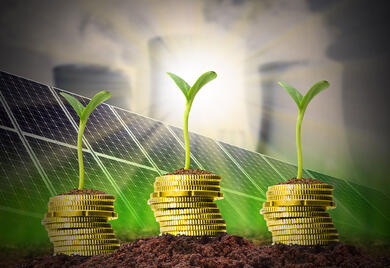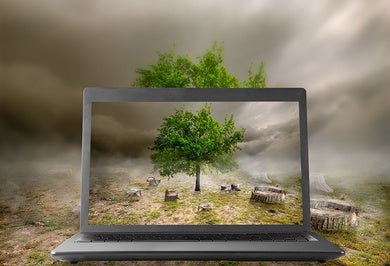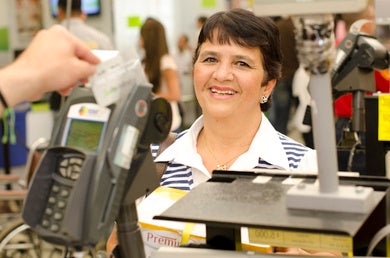
Three Trends in Sustainable Finance across LAC
2017 could be another record year for green investment products as the issuance of green bonds globally is forecast to rise to $206 billion, twice the volume from 2016. This shows how in the last few years, the finance sector has taken serious interest in sustainability’s potential to deliver profit, even though the benefits of environmental and social management have long been understood.

How Fintech Can Help Nanks Tackle Deforestation
Big data and geospatial technology are making it easier for banks to decrease risk when financing projects with potential environmental impacts. How? Our guest author, Luiz Amaral, Global Manager of WRI’s Global Forest Watch Commodities has the answer.

Overcoming stereotypes could save your business
By Susan Olsen, Lead Specialist, Opportunities for the Majority, IDB Difficulty accessing financing, poor infrastructure and incapacity to scale are cited as reasons why businesses that target the (BOP) fail. Yet, an unwillingness to overcome base of the pyramid stereotypes could easily be the most important explanation as to why some BoP-focused companies aren’t successful. Shattering stereotypes before starting an inclusive business model was the basis for a provocative panel that took place during the Inter-American Development Bank’s BASE III Forum in Mexico City.

Don’t let base of the pyramid millennials catch your company off guard
Hardly a day passes without a new article on how businesses are analyzing the needs, wants and spending trends of millennials. In the US alone, millennials (or Generation Y), those born between 1980 and 2000, represent 30 percent of the population. By 2025 they will be 75 percent of the workforce of this country. The impact that millennials are starting to have on the global economy, the environment, and politics is enormous. But “millennial mania” is dominated by studies, research and marketing efforts that focus on affluent individuals. Meanwhile, in Latin America and the Caribbean a market of 77 million low-income or base of the pyramid millennials goes almost unnoticed.

What is the connection between No Impact Week and sustainable business?
I dare you: Can you buy nothing for a whole day? I know it sounds tough, but it happens on No Consumption Day. Employees who sign up for No Impact Week can experience how lowering our environmental footprint can impact quality of life, communities and planet. While No Impact Week is about discovering how lifestyle changes like consuming less can increase personal fulfillment, health, and happiness, it certainly begs the question: How is less consumption also good for sustainable business?

Expo Milano 2015 – an unlikely place for sustainable business?
While critics call it a bloated global extravaganza for its escalating public expenditure, the 2015 Expo in Milan, Italy, also brings opportunities for sustainable business globally. This year’s topic of the World Fair - Feeding the Planet, Energy for Life – seeks to highlight solutions to one of the greatest development challenges the world faces today. There are still 805 million people suffering from hunger and malnourishment globally, while at the same time an incredible 2.1 billion people are obese or overweight, an increase of 28 percent in adults and 47 percent in children since 1980. In addition, about 1.3 billion tons of food is wasted every year, causing economic losses of about $750 billion.